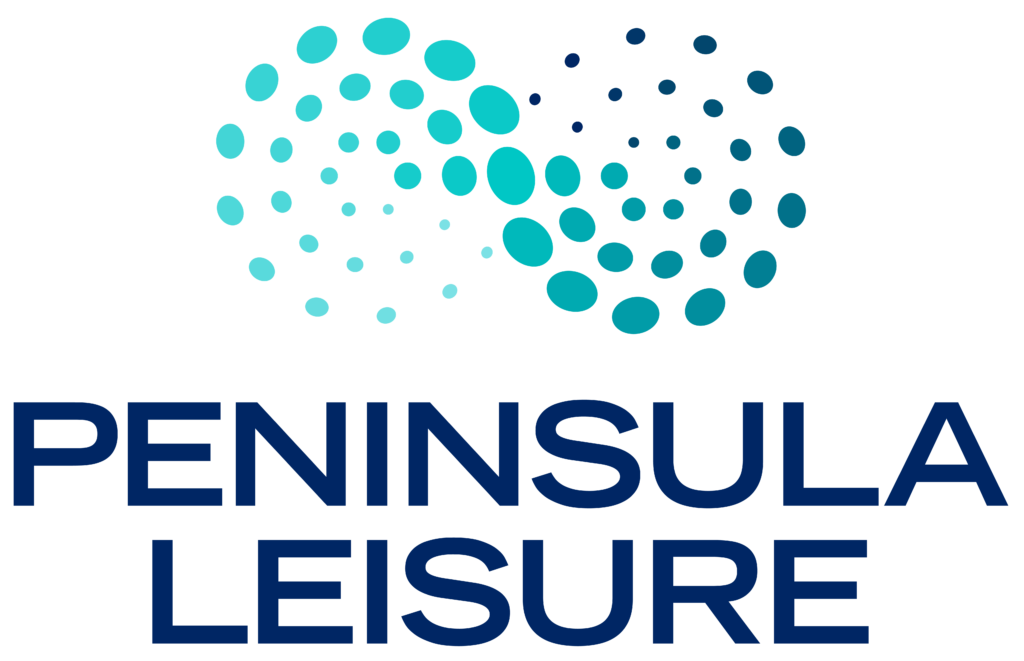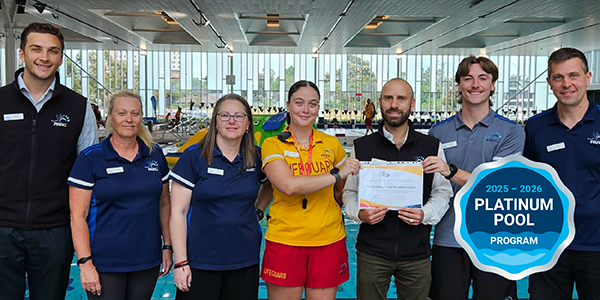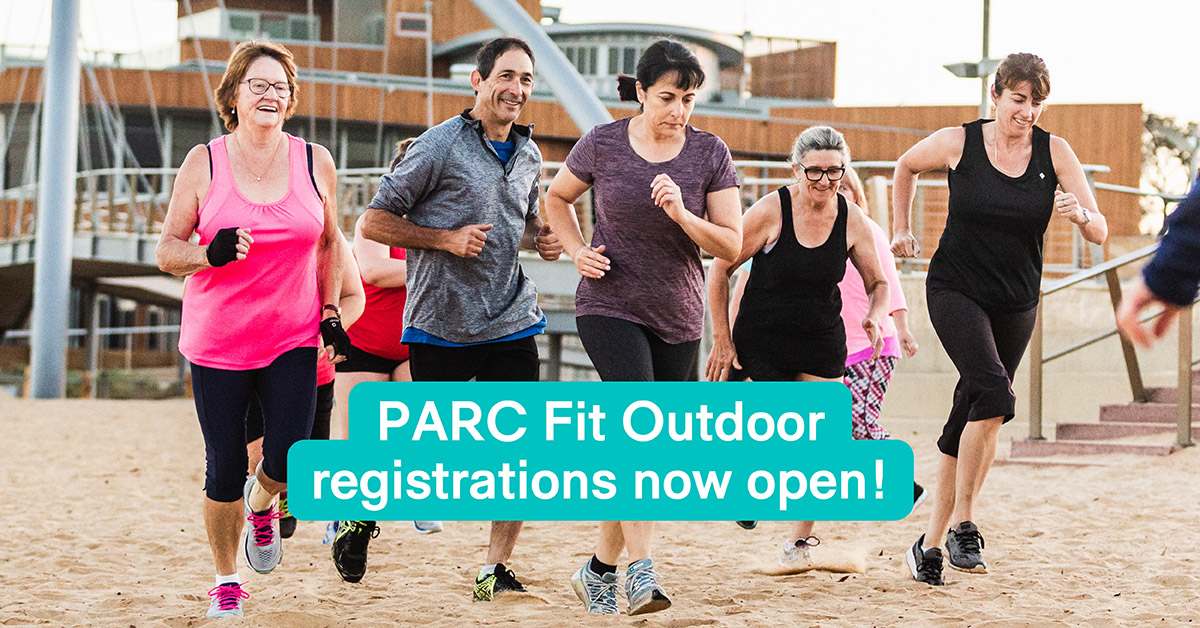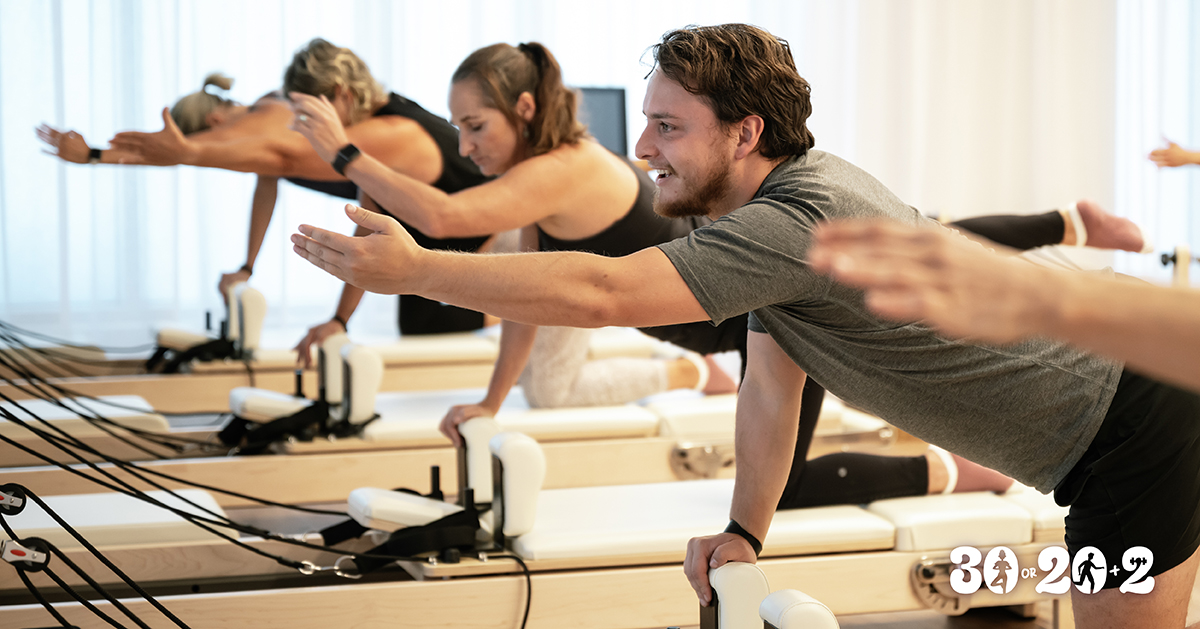Iron deficiency is among the most common nutritional issues world wide that can have unpleasant consequences to energy levels, concentration and overall health. Iron deficiency is especially prevalent in menstruating women as their iron needs are around 2x the requirement of males/non-menstruating women.
Why is Iron important?
Iron is a mineral that is used for many important bodily functions that includes making red blood cells, transporting oxygen around the body and producing energy. (So pretty important in my opinion) Iron is not produced in the body meaning it is essential to consume it through food/supplementation.
Types of Iron
- Haem – type of iron that is easily absorbed and found in animal products like red meat
- Non-Haem – found in a variety of plant based foods but is absorbed at a much lower rate compared to Haem iron
At Risk Groups
- Menstruating Women – due to increased iron loss through periods
- Pregnant and breastfeeding women – Essentially providing nutrients for two humans which will increase needs.
- High Level Athletes – If you are exercising regularly at a decent intensity your iron needs will be increased due to red blood cell turnover.
- Vegans/vegetarians – Plant based foods contain non-haem iron which is not absorbed as well as haem iron which means you need to eat a larger volume of food to reach your iron needs.
- Coeliac Disease – Untreated CD causes damage to the gut where iron is absorbed caused by gluten consumption which causes an immune response. You must treat CD before correcting the iron deficiency
Identifying Iron Deficiency
The simplest way to check if you have an iron deficiency is to ask your GP for a blood test, specifically an iron study. This will give an idea of where your iron levels are and what steps to take next.
Addressing Iron Deficiency
Firstly it is important to identify the underlying cause of the iron deficiency which can be done through talking to your GP or seeing an Accredited dietitian.
Increasing dietary iron may be enough to resolve any symptoms but if this is not producing the results you are looking for, supplementation may be required to increase your iron levels.
In your local pharmacy you can find over the counter iron supplements such as ferrograd-c and maltofer. It is important to check your iron levels before starting supplementation as unnecessary supplementation can lead to toxicity.
How much Iron do I need?
The recommended daily intake for men is 8mg/d while its 18mg/d for females and increases to 27mg/d during pregnancy.
Best Sources of Iron
Haem Iron
- Red Meat
- Organ meats such as liver
- Shellfish
- Sardines
Non-Haem
- Legumes
- Seeds
- Spinach
- Tofu
- Quinoa
- Fortified cereals and breads
Optimising your iron intake for maximal absorption
- Pair Iron rich foods with vitamin C rich foods e.g citrus fruits, berries and vegetables)
- Avoid coffee, tea and red wine 60 minutes either side of your iron rich meal
- Try to avoid having calcium with your iron rich meal and if you must then ensure the meal is also high in vitamin C
- Taking your iron supplements on an empty stomach 1 hour before your first meal
- Take iron supplements on alternate days
For more individualised advice please book a free 15 min discovery call with me. And make sure to sign up to my weekly newsletter for more posts like this.
This blog is written by:
Bailey Marshall, Accredited Practicing Dietitian
At The Realistic Dietitian, we provide diet and nutrition services out of the Peninsula Aquatic Recreation Centre (PARC) Wellness Centre.






